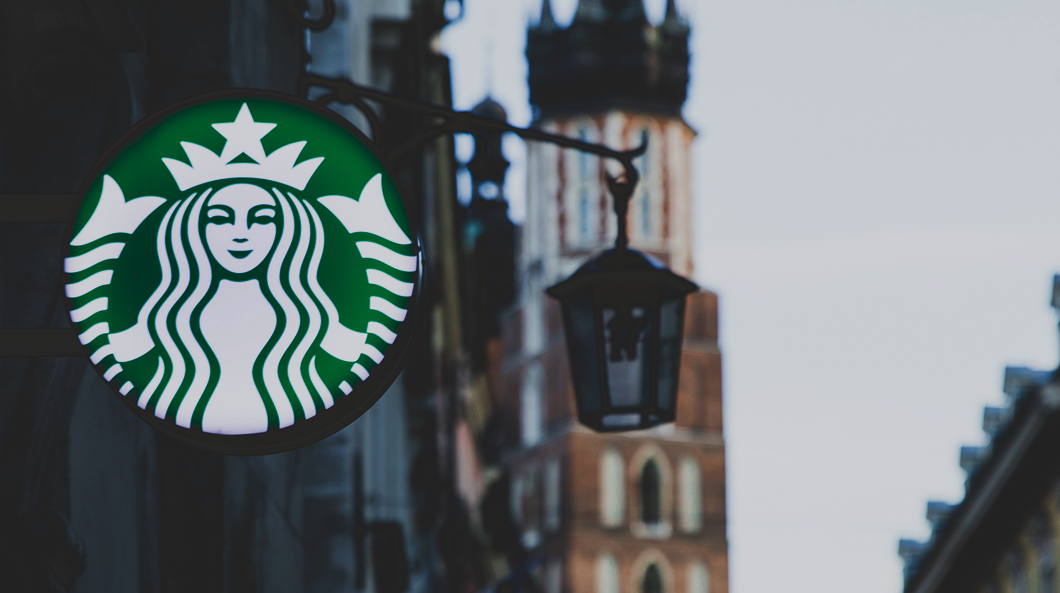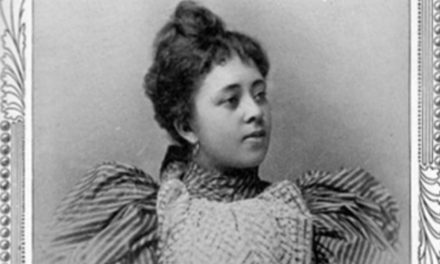Howard Schultz, founder of Starbucks, has recently announced his intention to consider a presidential run in 2020 as an independent. Although Schultz is no longer running the world-famous coffee restaurant to focus on his presidential ambitions, there is an important issue facing the coffee empire he built. Porn.
Although this might sound like click bait, it’s true. Starbucks has been dragging its feet for years when it comes to addressing concerns of internet watchdog group Enough is Enough (EIE), which is an organization that works to make the internet safer for kids and families by fighting against online pornography, child pornography, child stalking and sexual predators that use the internet to exploit vulnerable children.
Enough is Enough is advocating for Starbucks to ensure that pornography is no longer accessible from its free wi-fi through the use of filters that can block access to obscene content on its networks. This is a common-sense request. Free wi-fi can be used by criminals to hide their crimes and hinder investigators. This puts children at risk.
“The need for businesses with wi-fi to filter this content is very widespread,” said Donna Rice Hughes, the chairman and president of EIE.
Free unfiltered wi-fi can be used by customers to access obscene pornography, child pornography (a crime) or engage in sexual predation activity (an act that could result in a criminal offense). The lack of accountability and unrestricted internet access can make offenders nearly impossible to track. Having a filter on the internet would help dissuade these crimes and would be a relatively painless way for Starbucks to protect children and the vulnerable.
The problem of criminals using free wi-fi to skirt the law isn’t just limited to restaurants, but it has been happening in neighborhoods as well. In New Jersey, an elderly couple found themselves the target of an early morning police raid as their unprotected internet connection had been used by a neighbor to distribute child pornography. The neighbor was eventually arrested for having 700 child pornography videos and 33,000 images. A couple in Buffalo, New York had a similar experience. After the police broke down their back door and arrested the husband, it took three days for authorities to clear the man and arrest a 25-year-old neighbor who actually was charged with distributing child pornography.
Unfortunately, at a place like Starbucks where there is no filter and the IP addresses are not tracked, it would be nearly impossible to identify or track offenders committing similar despicable crimes.
Ironically, Enough is Enough brought up these same type of concerns to McDonalds and the fast food chain was quick to implement filters at their locations. Starbucks, for some inexplicable reason, has been slow to roll out its fix but claims to have done so for 2019. EIE is asking that concerned Americans help hold Starbucks accountable to its promise.
The only business upset about Starbucks new policy is YouPorn, a free pornographic video-sharing site. It is one of the 200 most-visited websites in the world and responded to the ban by announcing one of their own. Starting on January 1, 2019, Starbucks products would be banned at their offices. It’s doubtful that the ban will have a big impact one of the world’s largest coffee chains.
People don’t need porn, but they do need coffee.






